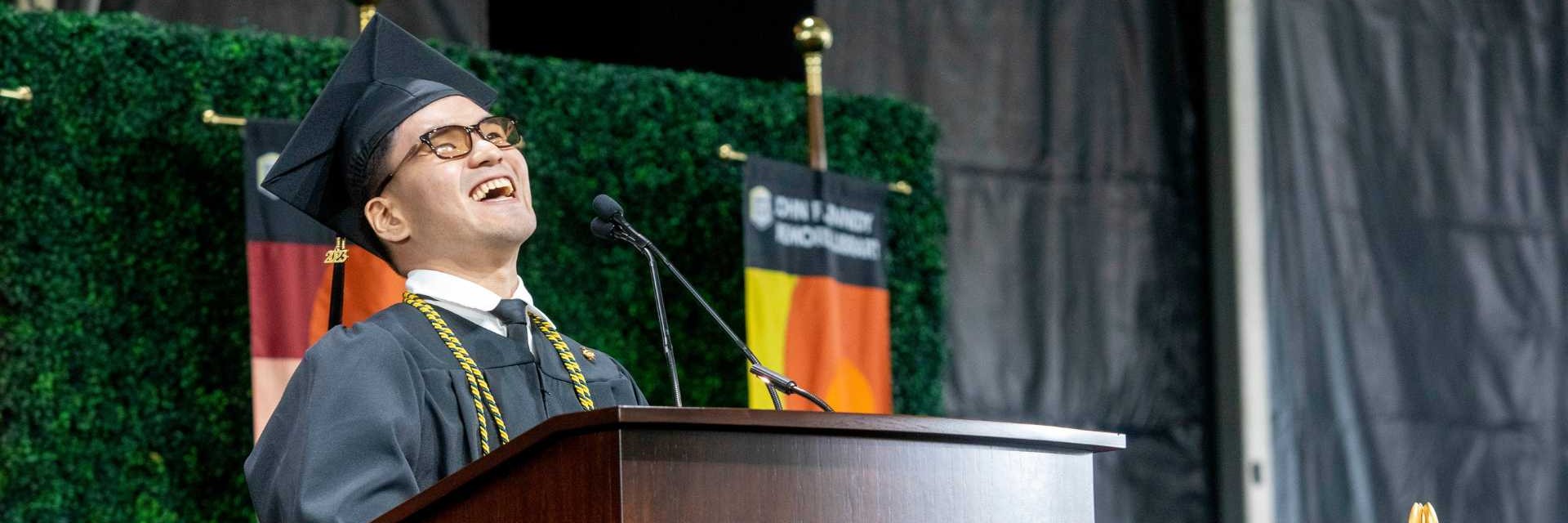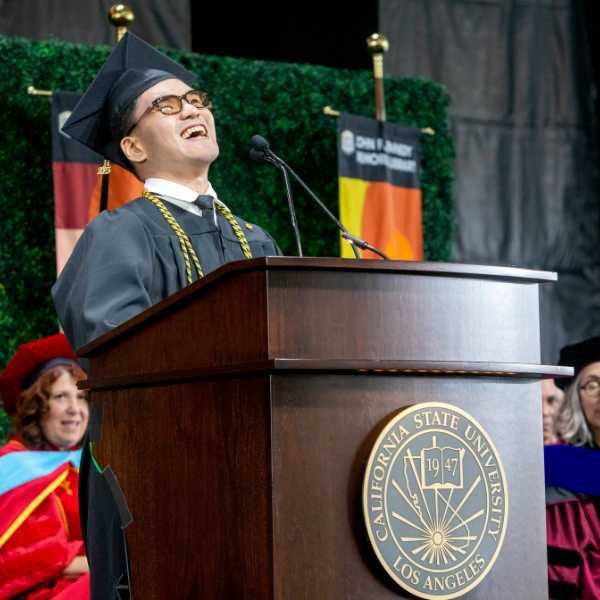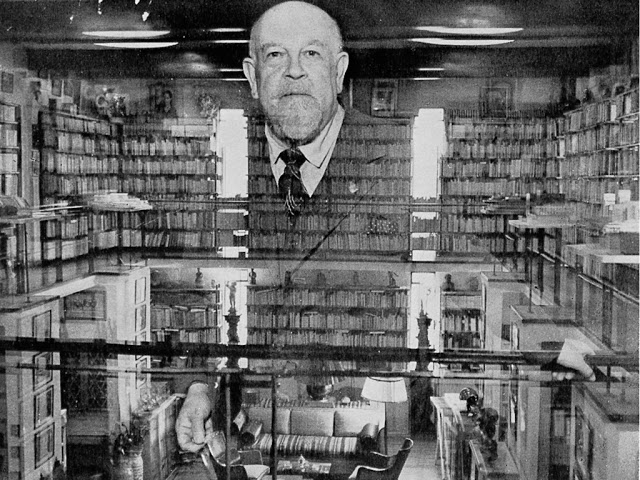Date and time
Friday, April 14, 2017 - 8:00am to Saturday, April 15, 2017 - 8:00pm
Location
Music Hall
Description
Acclaimed by his peers as Mexico’s “Universal writer,” Alfonso Reyes (Nuevo León, México, 1889-1959) was the admired embodiment of the Latin American poet, essayist, and literary theorist during the first half of the twentieth century. The son of Bernardo Reyes, governor of Nuevo Leόn and army general under Porfirio Díaz, Alfonso Reyes served México in various diplomatic posts from 1913 to 1939 in Argentina, Brazil, France, and Spain, and functioned as the President of the Mexican delegation to UNESCO after the Second World War. Reyes was the director of the Casa de España (1939), later known as Colegio de México. Through his travels and many years of diplomatic service abroad Reyes worked and corresponded with leading Latin American and European writers and philosophers such as José Ortega y Gasset (Spain), Jorge Luis Borges (Argentina), Juana de Ibarbourou (Uruguay), and Werner Jaeger (Germany), to name a few. He translated into Spanish works by Jules Romains, G.K. Chesterton, Robert Louis Stevenson, G Murray, C.M Bowra and, among others, Laurence Sterne and Homer’s Iliad. Reyes was the guiding mentor of younger Mexican writers, Octavio Paz and Carlos Fuentes among them, whose work can only be fully understood in the light of Alfonso Reyes's vast and varied literary creativity. While post-Revolutionary Mexico stood for a break with a national past marred by dictatorships and colonialism, Reyes sought continuity in terms of Mexico’s stratified past—Mesoamerican, colonial, post-Independence, and contemporary—and with a Greco-Roman humanist tradition that flourished in Mexico as of the sixteenth century. These national and classical heritages were regarded by Alfonso Reyes as founding origins for Mexico’s quest toward a culture of criticism, historical change, and democratic institutions. In El arco y la lira (1956), Octavio Paz declared his indebtedness to Reyes for his unconditional friendship and for being a writer’s model: in Reyes’s essays Paz claimed to have found order, lucidity, and illumination.
Alfonso Reyes’s literary background was shaped by major national and international conflicts: among the former, the Mexican Revolution and the political tensions in post-revolutionary Mexico; most salient in the latter: international events such as the First World War, the rise of European fascism, avant-garde movements (Cubism, Futurism, Surrealism), and the emergent realities of nationalist and right-wing politics in Latin America. Alfonso Reyes wrote with insight and independent spirit about avant-garde movements, and with ethical force against the rising tide of Italian fascism and Nazi politics in Hitler's Germany. With an astonishing intellectual curiosity and capacity for work, Reyes thought and wrote about every important topic and major intellectual current that continue to define his beleaguered times.
More information here: http://alfonsoreyesatcalstatela.blogspot.com


